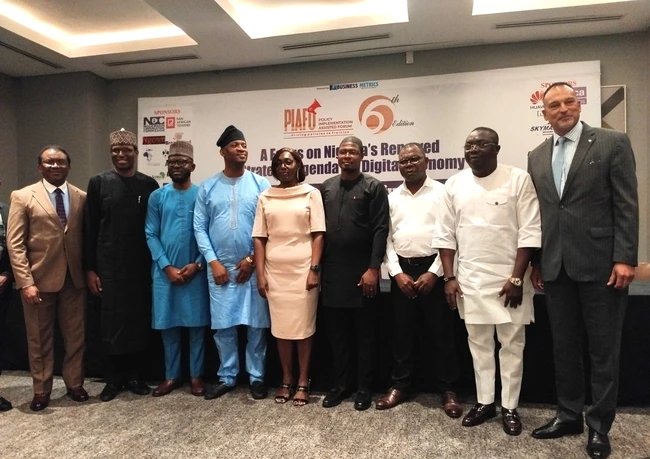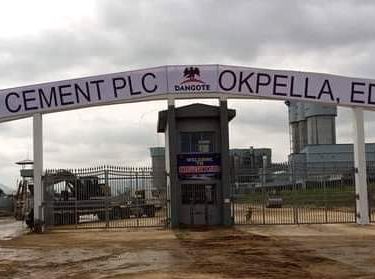Effective implementation of telecoms policies will increase Nigeria’s tech talent pool, create a supportive environment for innovation, ensure robust infrastructure, unlock investment in critical sectors and stimulate economic growth.
That was part of the consensus of the Nigerian Communications Commission (NCC), the Association of License Telecommunications Commission (ALTON), Association Telecommunications Companies of Nigeria (ATCON), stakeholders and experts at the third edition of the Policy Implementation Assisted Forum (PIAFU) with the theme: A Focus on Nigeria’s Renewed Strategic Agenda for Digital Economy.
Taking the lead in the discussion, the Executive Vice Chairman of the NCC, Dr Aminu Maida harped on the need for policies prioritization to ensure that underserved communities and marginalized groups benefit from digital advancement.
Maida who spoke on the topic, ‘Consolidating Telecoms Policies: A Catalyst for Nigeria’s Digital Aspirations Towards Technical Efficiency’, said that robust consumer-focused policies protect against exploitation, adding that building trust and confidence in digital platforms.
The NCC boss who was represented by the Deputy Director, Policy, Competition and Economic Analysis Department, Freda Bruce-Dennett, said that policies will further strengthen the consumer’s role as the industry’s value driver.
The Chairman of ALTON, Engr Gbenga Adebayo who chaired the event, in his remark noted that the telecoms operators have a role to play in policy implementation stressing that there has to be collaboration for that to be done.
He explained that there is the need for collaboration on the implementation on the NCC’s policy concerning telecoms infrastructure noting however that the regulator together with the Government must enable the private sector to work effectively.
According to him, there must be openness on the part of Government and its agencies before the industry can function well saying that the industry beyond meaningful broadband internet access, also needs to get broadband to where it is actually needed.
Adebayo said the industry also needs price reduction for the consumer but not the reduction of tariff since that will make telecoms services easily accessible to Nigerians.
Chief Executive Officer of Open Access Data Centres, Dr Ayotunde Coker in his presentation warned that unless the telecoms ecosystem in Nigeria is build, investors should not be expected to come and invest in Nigeria adding that such can guarantee 100 percent connectivity in Nigeria.
He said that the industry needs investors but that the investors are very mindful of where their fund goes to stressing that the actors in the Nigeria’s local government administrators need to be educated for them to understand the impact polices on telecoms infrastructure.
In a milestone achievements report highlighting strides in telecoms infrastructure deployment across Nigeria, the Chief Executive Officer of PAN Africa Towers, Mr Azeez Amida said that as the MNOs are transitioning to 5G networks for faster speeds and greater reliability, the tower company needs to expands to bridge the inter-site distance to provide better QoS.
Amida called for adoption of cloud solutions and that shifting operations to the cloud will for help scalability, enhance cost savings, and flexibility saying that “we are the third largest Nigerian telecom tower operator, launched in 2017, operating c. 760 towers across the country.
” We have an aggressive growth plan to build c. 1,000 towers over the next 5 years, to accelerate the country’s strong appetite for next generation mobile broadband growth and internet penetration.”




